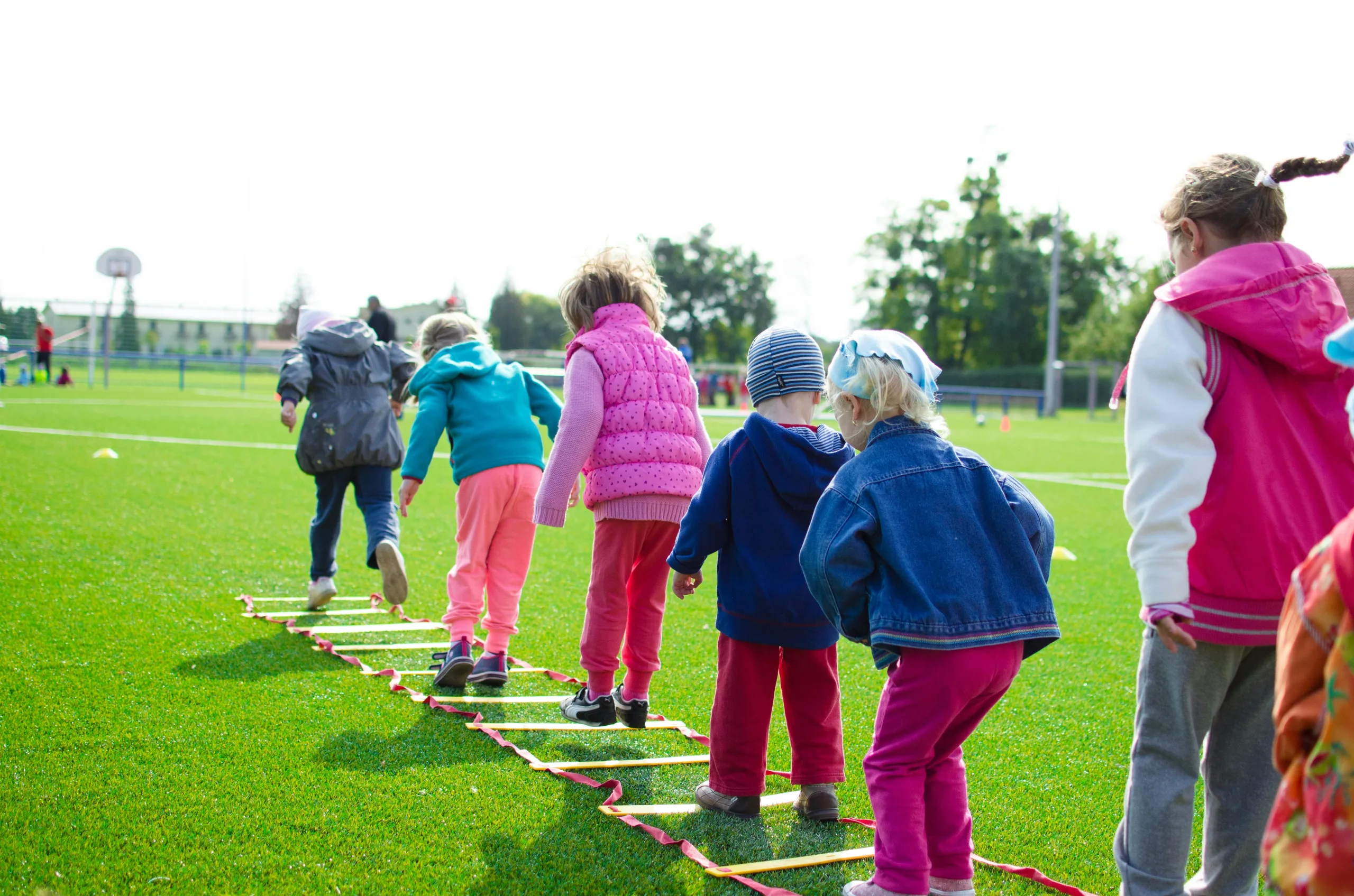Play is one the most important things a child can do. Without play there is no creativity and imagination.
Learn to help children play with this unique course. This course will develop valuable skills in anyone working, or wishing to work with children. Our staff have experience training play leaders since the late 1970s, our knowledge in the industry is extensive and current. We have devised this truly fantastic course which will challenge you and arm you with the skills you need to succeed in this vitally important field. Children deserve the best!
Course Aims:
- To explain the purpose of play in the cognitive, physical and social development of a child.
- To determine the skills required to carry out a play leadership role in different situations
- To develop a plan for a supervised children’s play program.
- To develop a basic understanding of the impact of play upon the psychological development of a child.
- To determine appropriate measures to take to protect a child’s safety when at play, while minimising any interference which might diminish the quality of the play experience.
- To develop an understanding of options for physical play activities, including games and sports, in a supervised play program.
- To develop an understanding of options for social play activities, in a supervised play program.
- To develop a basic ability to plan, establish and manage a supervised adventure
- To develop an ability to evaluate a range of different play apparatus, including playground structures, toys, sports equipment, commenting on quality, safety features, appropriate applications and cost benefit.
- To broaden your scope of opportunities that can be offered for children to play, appropriate to a wide range of different situations.
There are 11 lessons in this course:
- Understanding Play
- Play leadership defined
- Levels of childhood development
- Nature or nurture
- Isolating hereditary characteristics
- Continuity versus discontinuity
- Cross sectional and longitudinal studies
- Reliability of verbal reports
- Ethics and experiments
- Play deprivation and juvenile violence
- Free play
- Compiling an activities file ( a project that extends across future lessons)
- Leadership Skills
- Scope of skills
- Career path options
- Philosophy of play work
- Qualities of a good leader
- Leadership communication
- Leader responsibilities
- Types of activity
- What is a good back up plan
- Hints for leading activities
- Achievability of activities
- Challenging the child
- Community participation
- Planning Play Programs
- Benefits of a structured program
- Factors to consider in planning choices
- Issues for effective programming – people, purpose, participation, relevance, flexibility, evaluation
- Program planning process
- Types of program
- Dimensions of a program
- Participants goals
- Personal characteristics
- Ideas
- Socio-physical context
- Participants approach to achieving goals
- Participant behaviour
- Perceptions of consequences
- Ideas
- Child Development through Play
- Levels of child development
- Theories of Learning in Infancy and Early Childhood
- What is learning
- Habituation
- Vicarious learning
- Classical conditioning
- Operant conditioning
- Cognitive development
- Jean Piaget’s theory
- Importance of play – Exploratory play, Constructive play, Symbolic play, Pretend play
- Assimilation and accommodation
- Socialisation
- Play Safety
- Play versus safety
- Legal considerations
- Age and safety
- Safety in exercise
- Safety in aerobic activities
- First aid facilities
- Oxygen equipment
- Identifying hazards
- Basic safety audit for play spaces
- Pre screening participants
- Legal liability
- When is liability a problem
- Contributory negligence
- Insurance
- Inspecting play equipment
- Physical Play
- Manipulating and changing the environment
- Plant associations
- Playing with the environment – animals, plants, earth, manufactured things
- Trailing – sensory trails, cryptic puzzle trails
- Gardening, animals, collecting, crafts, sports
- Environmental activities – observing, collecting, aquaria, an antarium, asphalt activity, other examples
- Organised exercise classes for children
- Exercise programs for different age groups
- For intellectually and physically disabled
- Configurations or patterns of movement
- Social Play
- Significance of social play
- Influences on social behaviours
- Benefits of social play
- Social facilitation
- Developing social skills
- Stimulation by social play
- Impediments to social play
- Strategies to facilitate social play
- Social play activities
- Adventure Play
- What is an adventure playground
- Establishing an adventure playground
- Playleader duties in an adventure playground
- Site design
- Playground facilities for disabled
- All accessible playgrounds
- Dedicated playgrounds
- Liability
- Play Apparatus
- Toys
- Playground equipment
- Big toy playgrounds
- Environmental features
- Equipment (consumables)
- Tools
- Naturally occurring materials for play
- Painting and paints
- Play Activities
- Scope of activities
- Crafts – weaving, candle making, bark pictures, mosaics etc
- Growing crystals
- Camping
- Special Project: Planning an afterschool play program
Each lesson culminates in an assignment which is submitted to the school, marked by the school’s tutors and returned to you with any relevant suggestions, comments, and if necessary, extra reading.

